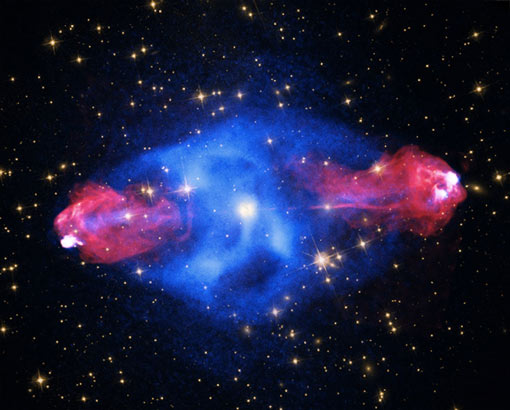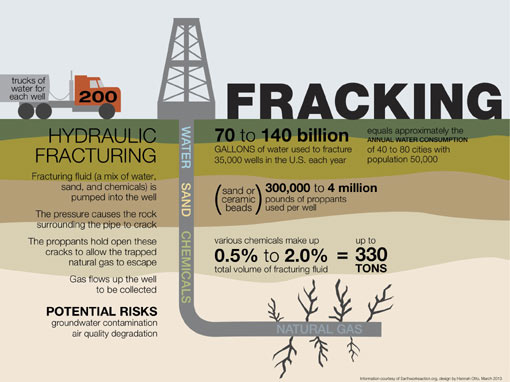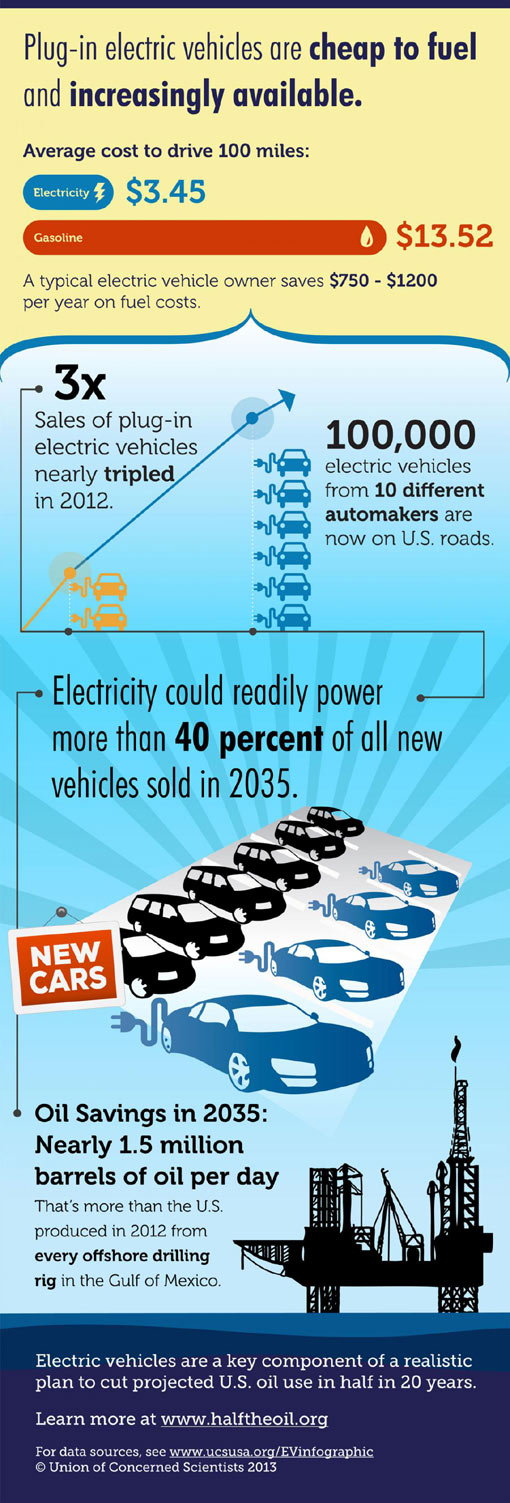You are hereHealth & Lifestyle
Health & Lifestyle
2015 Year of Light. Wisdom's back. AU bans Supertrawlers (who'd like a fishless ocean?) Scotland bans fracking (water vs gas)!
 "Look deep into nature, and then you will understand everything better" (Albert Einstein)
"Look deep into nature, and then you will understand everything better" (Albert Einstein)
 worldwide 90% of stocks of fish stocks are gone
worldwide 90% of stocks of fish stocks are gone
 NASA: breathtaking new space images
NASA: breathtaking new space images





"Look deep into nature, and then you will understand everything better" (Albert Einstein) -
Oceans with fish aplenty or barren sea without fish? Fracking involves using a high-pressure water mixture to penetrate rock in order to release gas. Can gas be replaced by solar energy? Can there be life without water (already short)?
(quote) read more »
Millions of GMO mosquitoes to be released in the Florida Keys if FDA allows experiment. Nightmare? At least 130,000 frightened

Dummy's simplest questions:
1. Can such kind of "experiment" be undone if consequences run wildly away from Florida Keys?
2. Will millions of flying mosquitoes "obey Lab's rules" to stay where they are released?
3. Mosquitoes, by nature, bite. How to guarantee the released males from mating with poisonous "super powerful" female mosquitoes (some spread deadly disease) whose offspring will survive?
(quote)
Millions of GMO Insects Could Be Released in Florida Keys
Never before have insects with modified DNA come so close to being set loose in a residential U.S. neighborhood.
Dengue and chikungunya are growing threats in the U.S., but some people are more frightened at the thought of being bitten by a genetically modified organism. More than 130,000 people signed a Change.org petition against the experiment.
genetically modified mosquitoes could have unintended consequences
Already, the Times reports, "3.5% of the insects in a lab test survived to adulthood despite presumably carrying the lethal gene."
Mosquitoes are considered one of the most dangerous creatures on the planet because of their ability to spread deadly diseases. read more »
Simple Math and Fact. 100 miles cost $3.45/electricity, $13.52/oil; Electric car owners $750-1200/yr richer, clean air for all


source/full size image at ucsusa.org


source/full size image at ucsusa.org


source/full size image at onelectriccars.com
(quote)
*update *
bloomberg.com - electric vehicle sales quintupled in 4 years with global sales of 288,500 units last year, more than five times the number in 2011, and manufacturers are preparing for more.
Huffington Post: 8 Things We Bet You Didn't Know About Electric Cars read more »
Sense makes sense. Nik Wallenda walks tightrope blindfolded between skyscrapers; 79-yo Icon Maggie Smith; Magic magician Randi





(quote)
"If a man loves the labour of his trade, apart from any question of success or fame, the gods have called him." - Robert Louis Stevenson
Maggie Smith interview for My Old Lady: 'If you have been around long enough you are an icon' - More famous than ever thanks to Downton Abbey, the 79-year-old actress tells Elizabeth Grice why she keeps going read more »
Humans depend on, and destroy (sad!), Nature: 88% original forest deforested; 50% Nature's non-human lives wiped out since 1970



(quote)
Washington Post: We’ve killed off half the world’s animals since 1970 - a jaw-dropping statistic
The new Living Planet Index report from the World Wildlife Fund opens with a jaw-dropping statistic: we've killed roughly half of the world's non-human vertebrate animal population since 1970.
The main culprits? Exploitation (i.e., overfishing and overhunting), and habitat degradation.
The declines are almost exclusively caused by humans' ever-increasing footprint on planet earth. "Humanity currently needs the regenerative capacity of 1.5 Earths to provide the ecological goods and services we use each year," according to the report. The only reason we're able to run above max capacity - for now - is that we're stripping away resources faster than we can replenish them. Carbon consumption - the burning of fossil fuels - represents a huge and growing chunk of the demand we put on the earth. "In 1961, carbon was 36 per cent of our total footprint, but by 2010 (the year for which the most complete dataset is available), it comprised 53 per cent." read more »




















